Dying Matters Week: Every Life, Every Culture, Every Goodbye
As we mark Dying Matters Week 2025 and reflect on The Culture of Dying Matters, Kiran Bhogal shares her thoughts on how funeral professionals can, and must, continue to adapt to the needs of an increasingly diverse society.
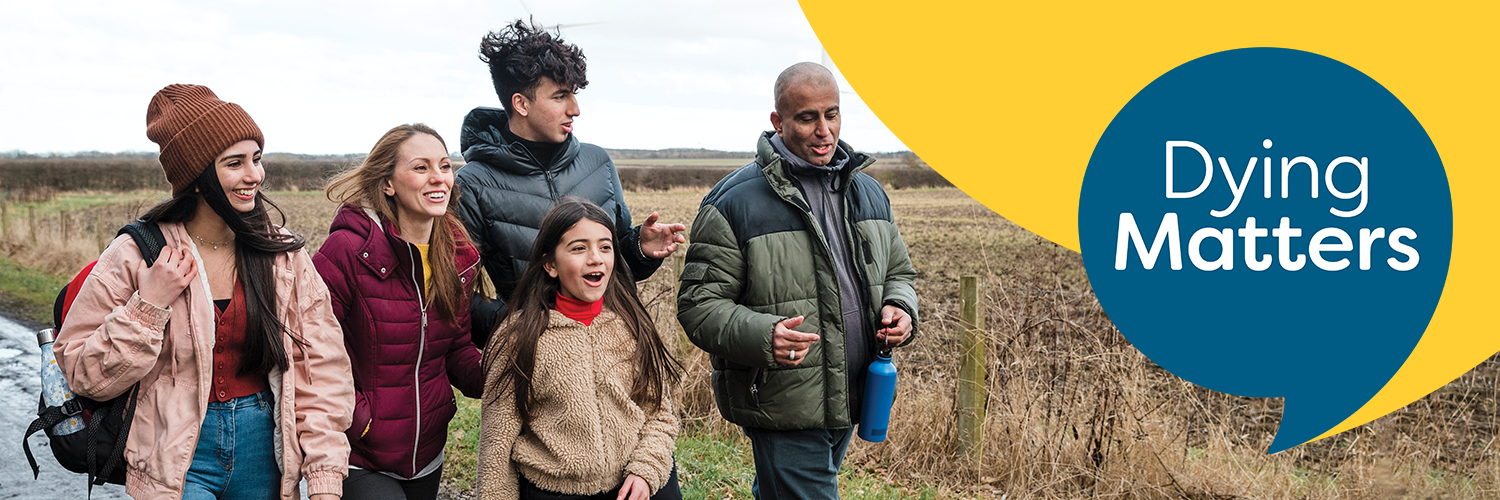
In an industry built on respect and dignity, cultural sensitivity isn’t just good practice, it’s an essential part of the job. This is something Kiran Bhogal, Senior Funeral Operations Manager at Central Co-op and co-lead of the Society’s ‘We Are One’ ethnicity colleague inclusion network, is passionate about.
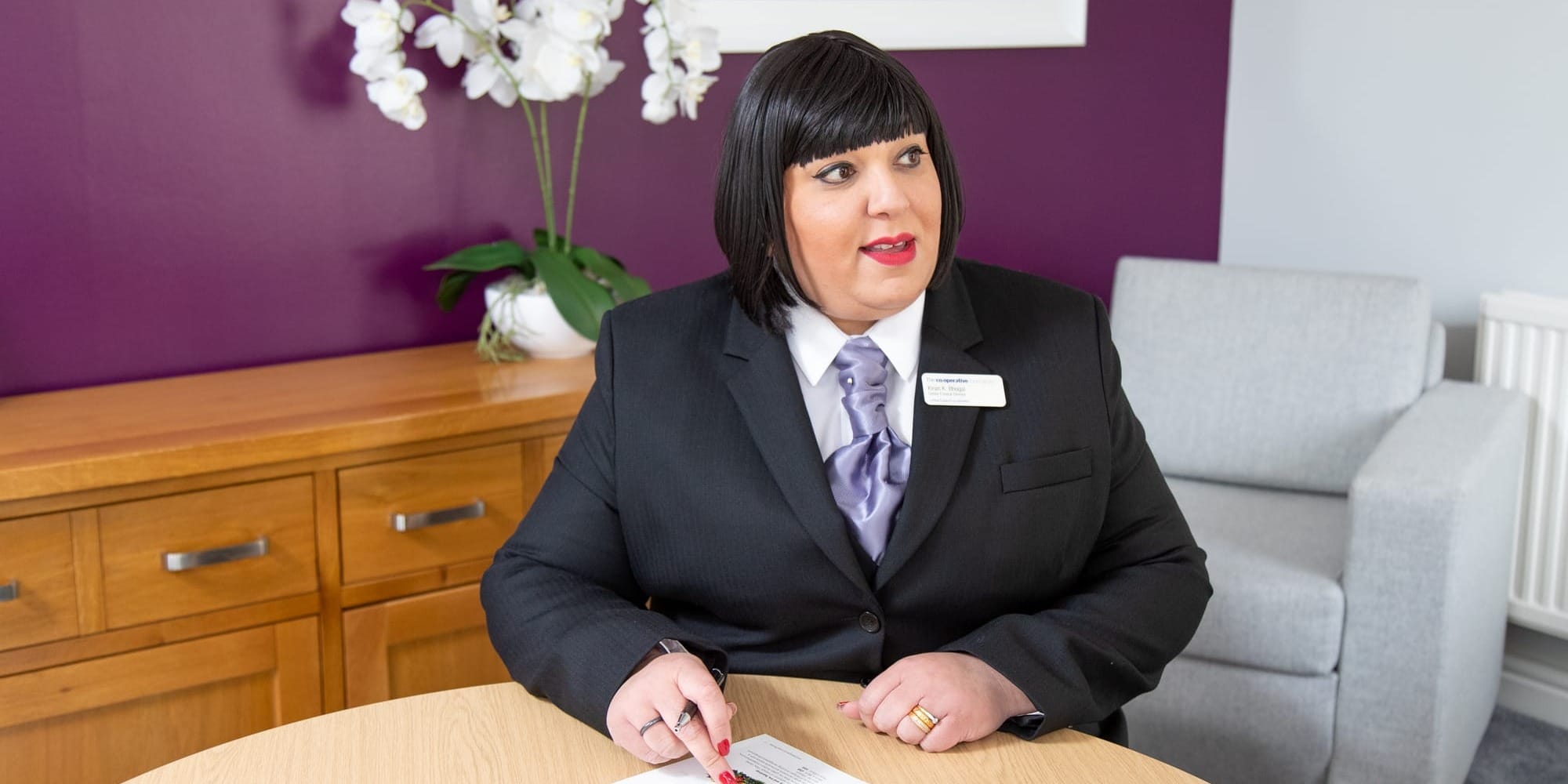
With over 30 years of experience, beginning as an embalmer in 1993, Kiran has dedicated her career to delivering funeral services that honour each individual, family and culture. As we mark Dying Matters Week 2025 and reflect on the theme: The Culture of Dying Matters, Kiran shares her thoughts on how funeral professionals can, and must, continue to adapt to the needs of an increasingly diverse society:
“I’ve always wanted to be a funeral professional,” Kiran begins. “To care for the person who has died in a dignified and professional manner while honouring the specific wishes of families - whether those are personalised or culturally rooted.”
Her early experiences, including a work placement at Stirchley Funeral Home, affirmed that passion. But Kiran’s journey didn’t stop at technical skill. It led her to leadership both operationally and inclusively, where her expertise helps shape how Central Co-op colleagues approach care across cultures.
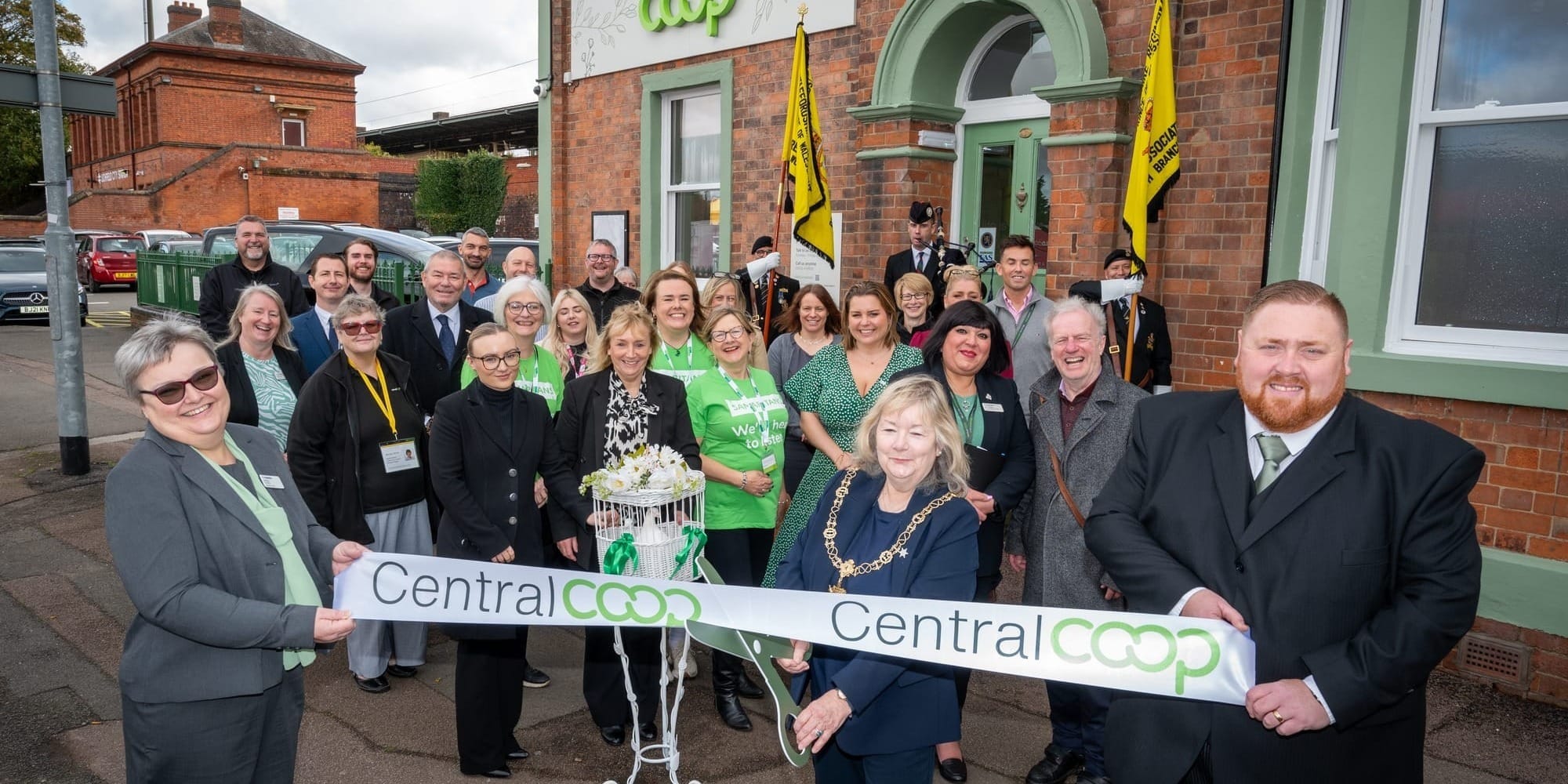
“As a Senior Operations Manager and co-lead of our ethnicity network, I have insight into both our strategic goals and the needs of our communities,” Kiran explains. “That combination means I can help make informed decisions that support not just our client families, but also our Members and colleagues.”
The We Are One network has become a driving force for awareness and understanding at Central Co-op. The network of colleagues is contributing to a Society which embraces ethnic and cultural diversity, helping to debunk myths, challenge misconceptions and build allyship.
To Kiran, the phrase “The Culture of Dying” encapsulates the way individuals and communities process death - emotionally, spiritually and practically. “Every death is unique,” she says. “Some families want to celebrate a life with colour and music, others follow strict religious or traditional customs. Our role is to serve all families with the same level of care, dignity and professionalism, whatever their wishes. This could mean adapting our clothing to match a colour theme, or providing alternative or unique modes of transport.”
Kiran has seen a visible shift in attitudes across many communities, particularly in how openly death is discussed, particularly with children. “In some cultures, it was once common to shield children entirely from death. I remember growing up, funerals happened downstairs while children were kept away upstairs. But that’s changing. We’re seeing more families involving children in some way, helping them to understand what’s happening, and giving them space to say goodbye.”
“More people are also considering more sustainable options like natural burials. There's a growing understanding that grief can be personal and cultural at the same time.”
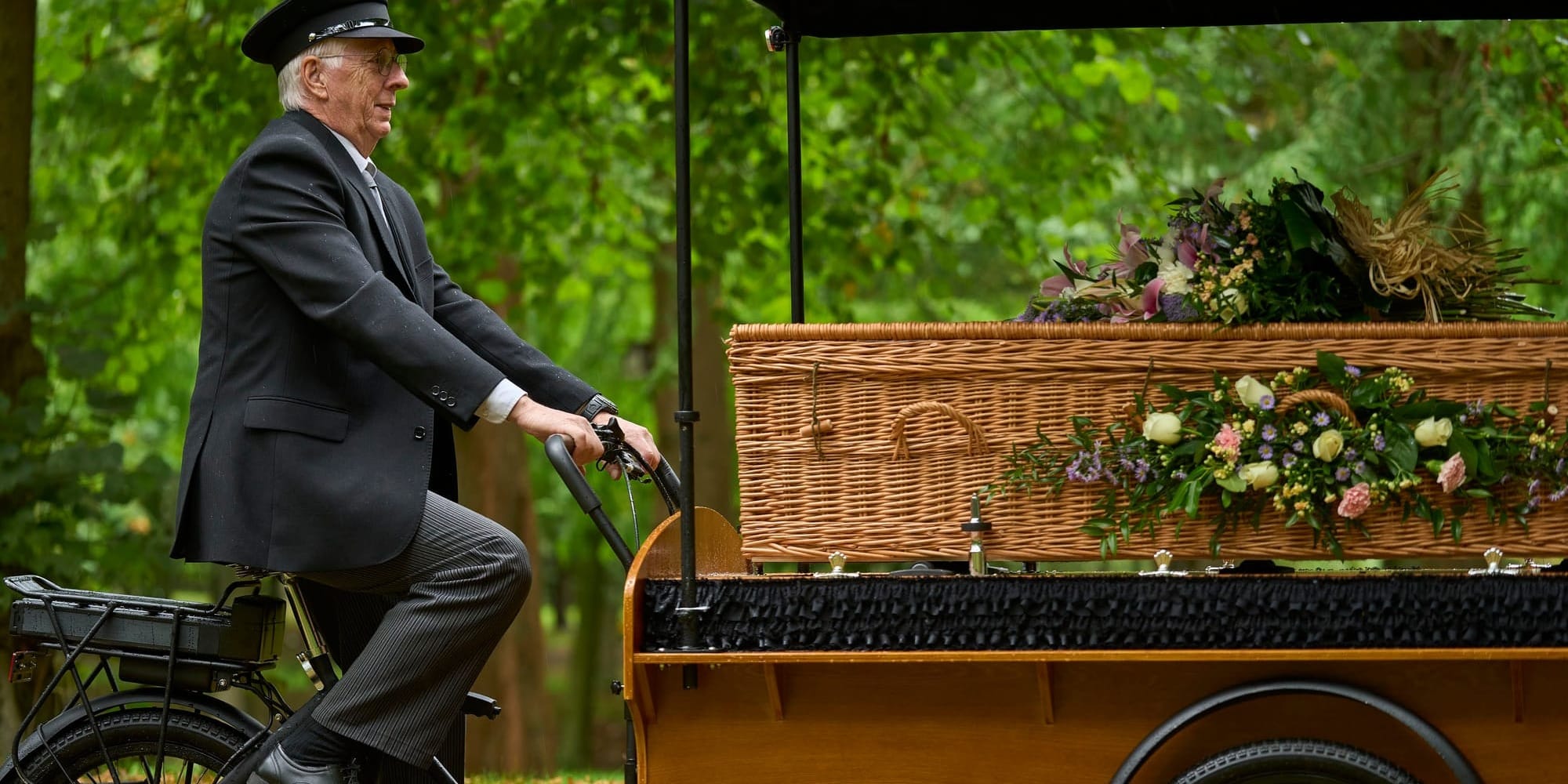
So how does Central Co-op translate these principles into practice? “It starts with listening,” says Kiran. “We ask families to tell us about the person who has died – their background, beliefs and values – so we can shape a service that reflects who they truly were.”
Kiran and Central Co-op colleagues use a Cultural Funerals Toolkit to provide colleagues with an overview of common customs across different cultures, as well as fostering a strong relationship with the surrounding communities. For example, when supporting families from South Asian backgrounds, services may include visits to temples, open-casket viewings at home, or specific rituals requiring respectful attire and behaviour from colleagues.
One simple yet powerful moment stays with Kiran. “At a funeral for a person of South Asian heritage, our colleagues formed a circle and bowed, palms closed, as a mark of cultural respect. That small gesture meant so much to the family.”
Kiran is clear: “We don’t pretend to know everything. Every family is different, and when in doubt, we ask – because in those moments, they are the experts.”
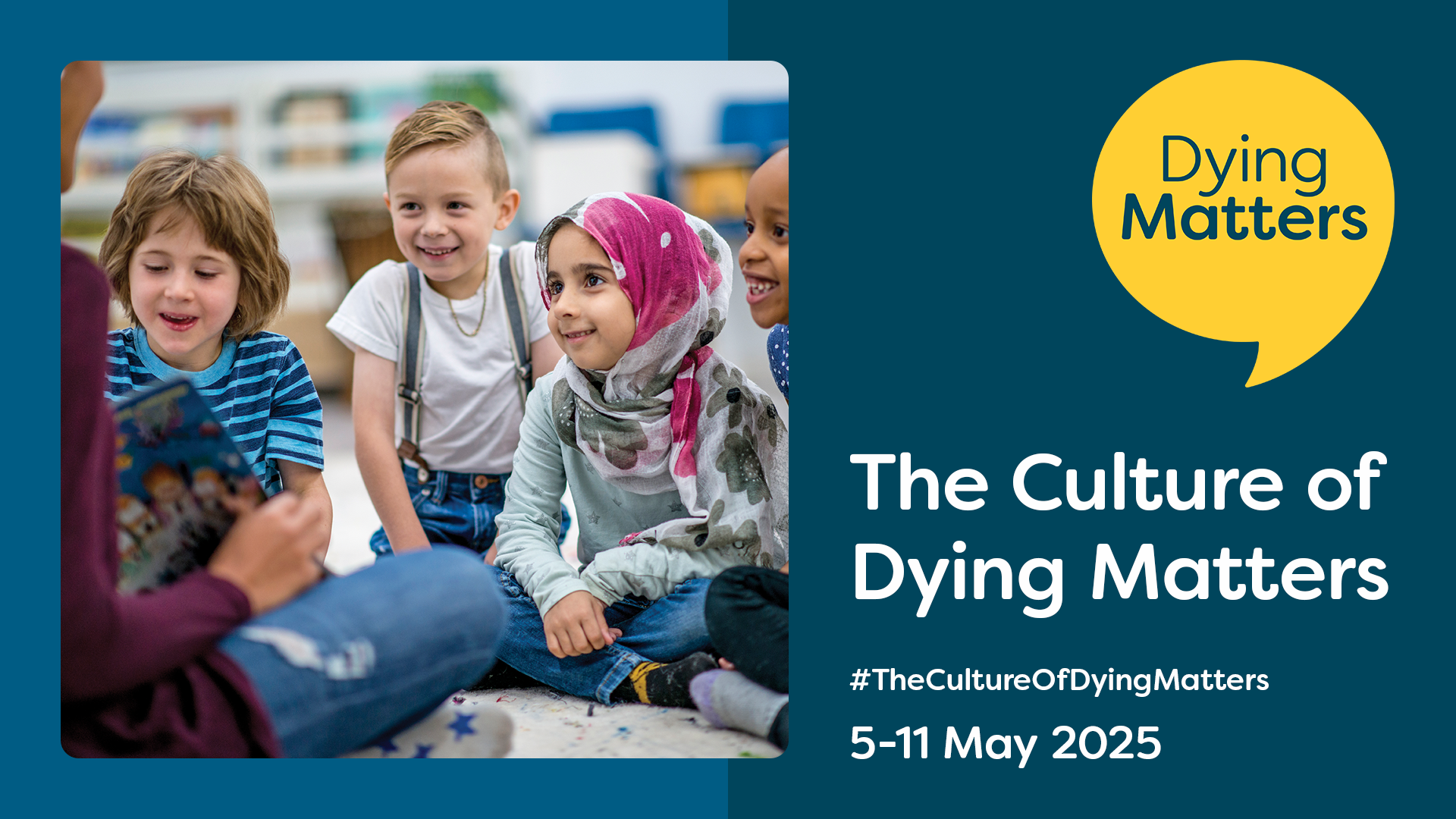
For many communities, conversations around death are still taboo. “With traditional families especially, language matters,” she says. “It’s important to follow their lead, be mindful and approach with humility.”
To support ongoing learning, Central Co-op hosts community events, open days and coffee mornings at its funeral homes, offering safe spaces to ask questions and demystify the process.
So, what gives Kiran hope? “It’s the feedback from families. When they’ve spoken to a bilingual colleague, felt their culture was respected or were simply asked the right questions. That tells me we’re moving in the right direction.”
And if she could change just one thing about how we approach death and dying in the UK? “I’d want people to know they don’t have to wait for a bereavement to talk to us. Come in, look around, ask anything. We’re here – not just for the final goodbye, but for every question before it.”
Kiran Bhogal is a passionate advocate for culturally inclusive funeralcare, proving that empathy, awareness and humility are the cornerstones of meaningful end-of-life support. As the funeral profession continues to evolve, it’s important to remember that every goodbye matters, and so does the way we say it.

